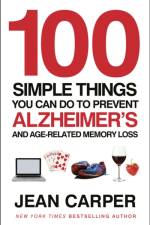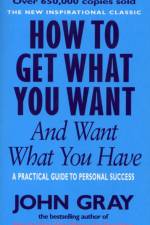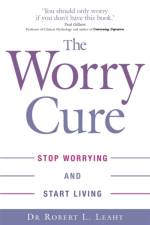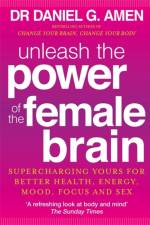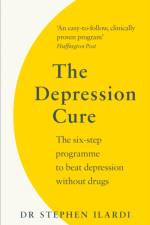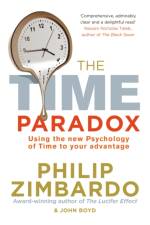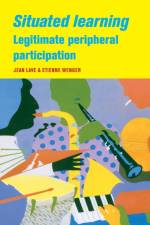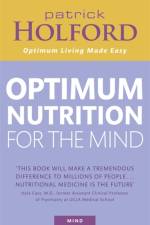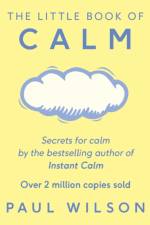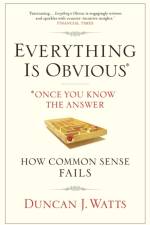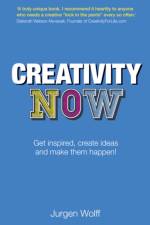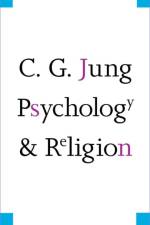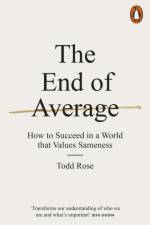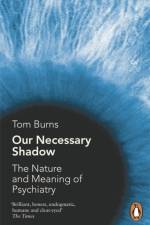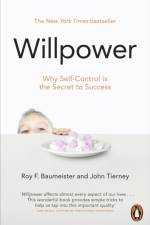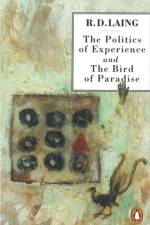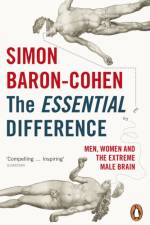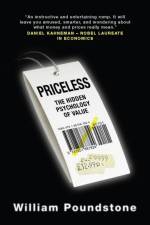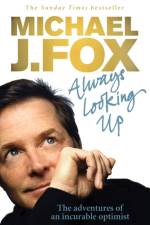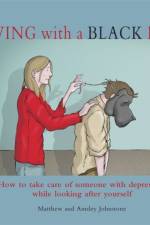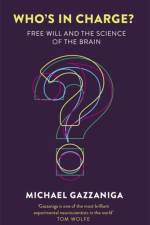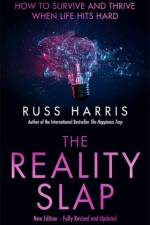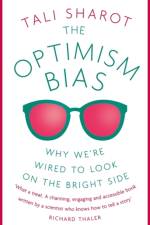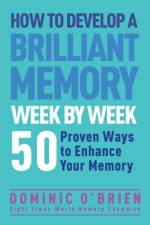- Supercharging yours for better health, energy, mood, focus and sex
av Daniel G. Amen
221
For the first time, bestselling author and brain expert Dr Daniel G. Amen offers insight on the unique characteristics and needs of the female brain and provides a practical, prescriptive programme specifically for women to help them thrive. In this breakthrough guide based on research from his clinical practice, Dr Amen addresses the issues women ask about the most including fertility, pregnancy, menopause, weight, stress, anxiety, insomnia, and relationships.By following Dr Daniel Amen's advice and putting his twelve simple, one-hour exercises into practice you will be able to:* Harness the unique strengths of the female brain - including empathy, intuition, collaboration and self-control - and overcome its vulnerabilities - such as depression, perfectionism and the inability to let go of negative thoughts* Naturally balance the hormones that govern your energy, mood, relxataion, power, trust and lust and learn how to make your hormones work for you, instead of against you.* Successfully navigate hormone-related issues such as thyroid imbalance, PMS, polycystic ovarian syndrome, perimenopause and menopause.* Eat the right foods for a flat tummy, lose unwanted pounds and get healthy and fit* Get your cravings under control* Look younger and more vital * Optimise your brain for love, sex and intimacy in relationships* Get your brain ready for pregnancy

